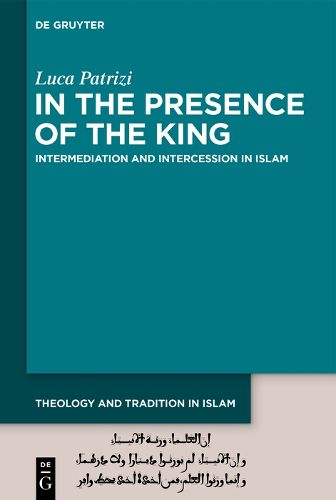Readings Newsletter
Become a Readings Member to make your shopping experience even easier.
Sign in or sign up for free!
You’re not far away from qualifying for FREE standard shipping within Australia
You’ve qualified for FREE standard shipping within Australia
The cart is loading…






The notions of intermediation and intercession play a central role in the theology of monotheistic religions. In the Islamic context, the specific doctrine connected to the intermediation (wasila, wasi?a) and intercession of the Prophet Mu?ammad towards God (shafa?a, tawassul), particularly on the Day of Judgement, is widely attested in the primary sources of Islam. The eschatological function of the Prophet is represented in these sources through a series of royal metaphors, connected to his rank (jah) on the Day of Judgement, which will allow him access to a special station called the Station of Praise (al-maqam al-ma?mud), endowed with specific attributes of royalty. Within Islamic esotericism, these doctrines receive a metaphysical interpretation closely connected to the reality of Mu?ammad as the Perfect Man (al-insan al-kamil). Since contemporary times, with the birth and spread of the Islamic Reform movements, these doctrines have been the target of intense opposition aimed also at related practices, such as, for example, visiting tombs in search of intercession, eventually resulting in the destruction of numerous sacred sites.
$9.00 standard shipping within Australia
FREE standard shipping within Australia for orders over $100.00
Express & International shipping calculated at checkout
The notions of intermediation and intercession play a central role in the theology of monotheistic religions. In the Islamic context, the specific doctrine connected to the intermediation (wasila, wasi?a) and intercession of the Prophet Mu?ammad towards God (shafa?a, tawassul), particularly on the Day of Judgement, is widely attested in the primary sources of Islam. The eschatological function of the Prophet is represented in these sources through a series of royal metaphors, connected to his rank (jah) on the Day of Judgement, which will allow him access to a special station called the Station of Praise (al-maqam al-ma?mud), endowed with specific attributes of royalty. Within Islamic esotericism, these doctrines receive a metaphysical interpretation closely connected to the reality of Mu?ammad as the Perfect Man (al-insan al-kamil). Since contemporary times, with the birth and spread of the Islamic Reform movements, these doctrines have been the target of intense opposition aimed also at related practices, such as, for example, visiting tombs in search of intercession, eventually resulting in the destruction of numerous sacred sites.